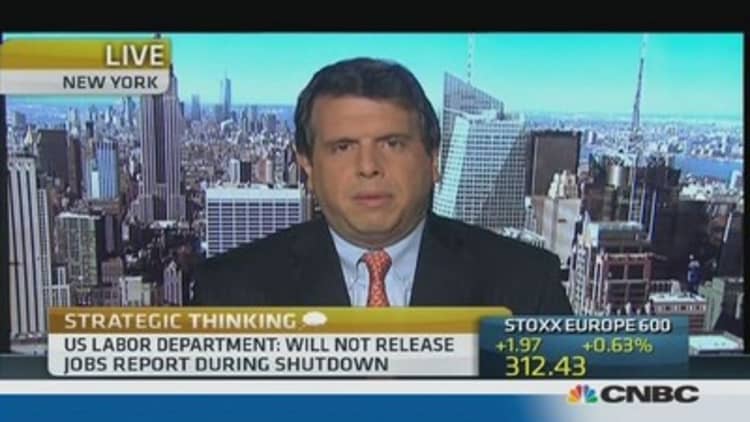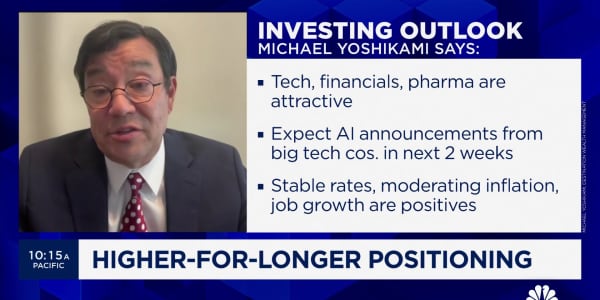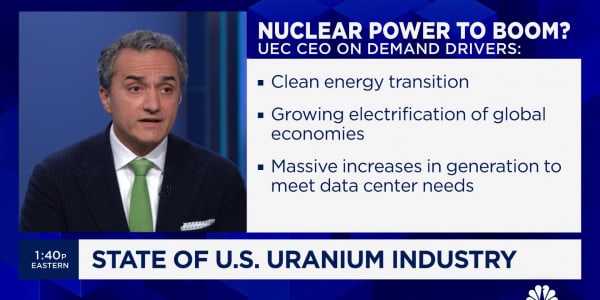The government shutdown probably puts an end to the idea that the Fed will taper in October.
The Bureau of Labor Statistics stopped collecting new data and publishing reports when the government shut down at midnight Monday. This means that it's likely some important pieces of economic data will likely be delayed—including data that the Fed uses to determine monetary policy.
Here's the message on the BLS's website:
This website is currently not being updated due to the suspension of Federal government services. The last update to the site was Monday, September 30. During the shutdown period BLS will not collect data, issue reports, or respond to public inquiries. Updates to the site will start again when the Federal government resumes operations. Revised schedules will be issued as they become available.

The BLS doesn't really have a choice in this matter. According to a memorandum from the Department of Labor, the usual 2,409 BLS personnel on staff will be reduced to just three.
The biggest report due this week is the September employment situation, which was scheduled to be published Friday. Even if the government shutdown is quickly resolved, it's likely that this data won't be available on schedule.
(Read more: The shutdown's downside)
The following week we were due to get the U.S. Import and Export Price Index and the Producer Price Index, and the week after that the Consumer Price Index. Any or all of these could be delayed depending on how long the shutdown lasts. It's not clear how long after the shutdown the data could become available.
This could very well mean that the Fed will not be able to begin tapering its quantitative easing program after the regularly scheduled meeting at the end of October. The Fed has said that its decision on the bond-buying program is dependent on its reading of economic data. Without new data, the Fed will likely be unable to begin tapering.
We won't entirely be without economic data. There are plenty of private reports on the state of the economy, particularly Wednesday's reading on private job creation from ADP. And the Labor Department's report on unemployment applications is collected by the states and will likely be issued Thursday on schedule.
(Read more: For housing, shutdown is a 'freeze of the pipeline')
Of course, if the shutdown lasts for weeks or takes a serious toll on the economy, the Fed would have been unlikely to taper anyway. Many Fed watchers have already pushed back the date on which they expect a taper until December or sometime in next year.
But it seems likely that unless the shutdown is resolved very quickly, the notion of an "Octaper" (as some were calling it) is dead.
Follow me on Twitter @Carney






